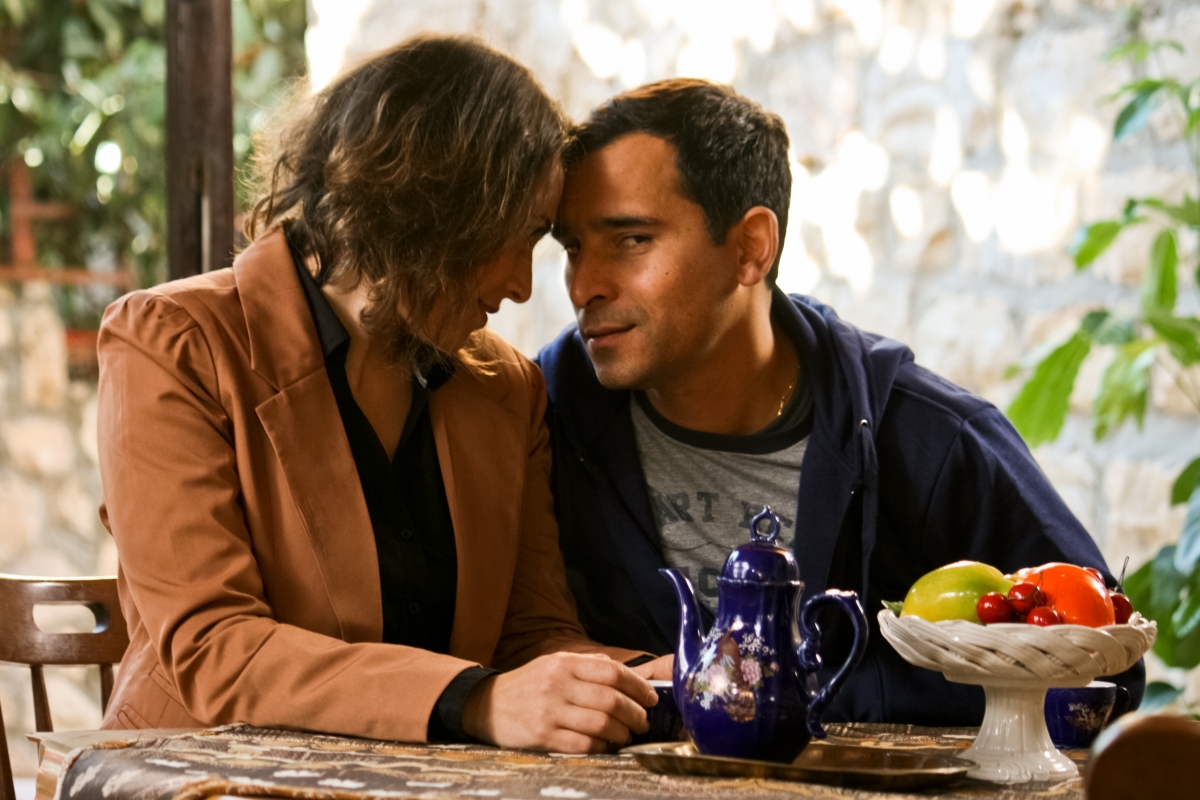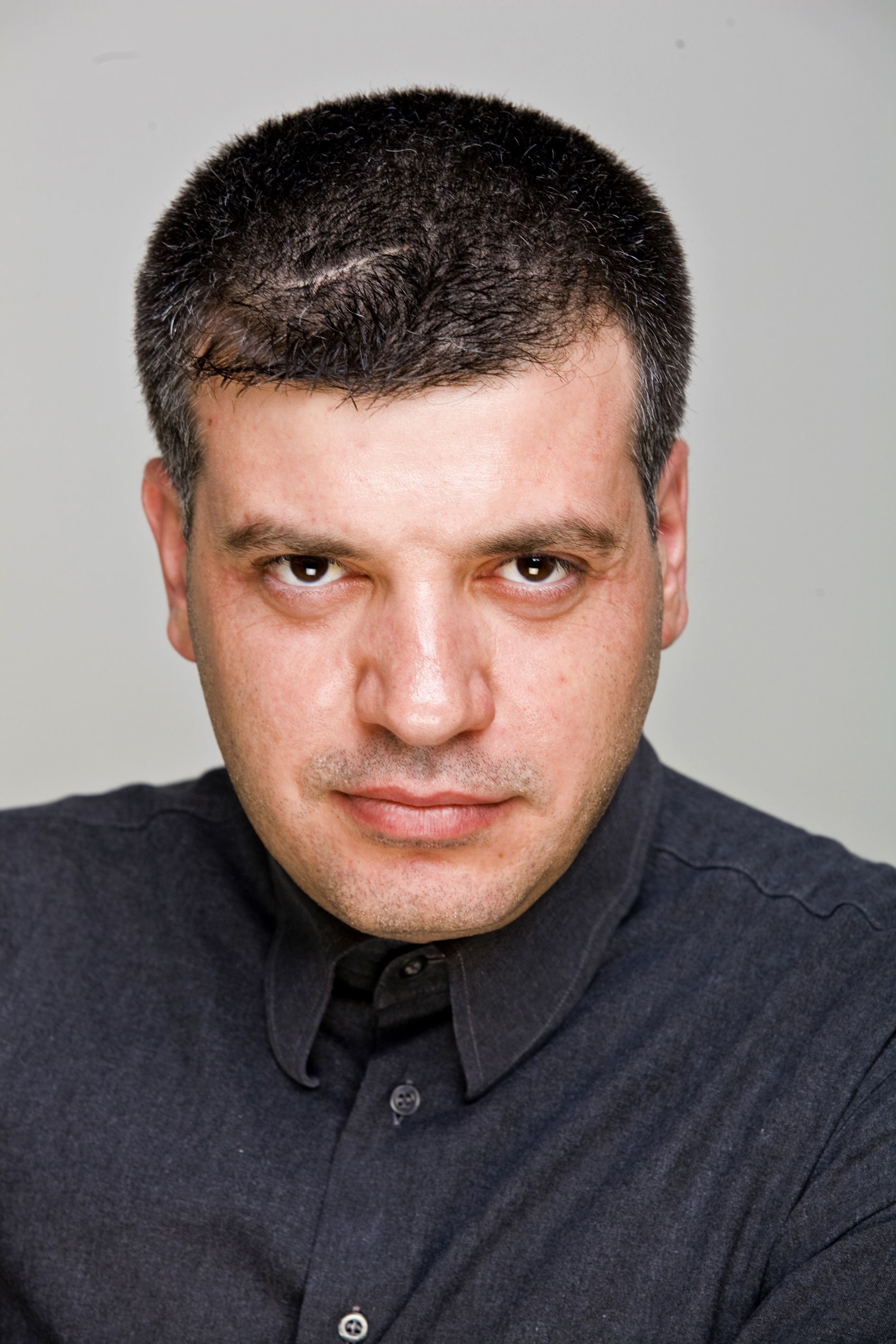
A scene from “Arab Labor,” an Israeli television show written by Sayed Kashua.
Recently there has been a lot of buzz about cord cutting (see here a guide on how to DIY cord-cut!) as cable television watchers say that they won’t pay for TV anymore. I agree with them there; life is too short for bad TV, not to mention paying for it.
But good TV that packs an emotional punch, challenges you intellectually and keeps you thinking about the characters long after the episode is over—now that’s something worth spending time and even money for.
Arab Labor (Avoda Aravit) is one such show. On the surface, it’s a sitcom set in Israel about an Arab-Israeli journalist working for an Israeli newspaper and raising his family in Jerusalem. However, the way in which the main character, Amjad, lives and struggles with all of the tensions that this life entails forces the viewer to consider questions about identity, discrimination, and humanity.
I’m almost bummed that I hadn’t heard about Arab Labor earlier (it’s in its fourth season now), but on the other hand, now I know what’s next on my queue for binge-watching. I suggest you put it on your list too. You can watch the series premiere, “The Car,” at this website, which also streams several seasons and episodes of the show.

Palestinian journalist and writer Sayed Kashua will be visiting the UW for several events on Oct. 25-26.
Also, if you also like to watch things in real time and not just on TV, you can see Sayed Kashua, the writer of Arab Labor who is currently a visiting professor at the University of Illinois, at the UW on Monday, October 26 at 7:00 pm. Kashua’s lecture, “Exploring a Borrowed Identity,” will take place in HUB 250. Visit this event page for event details and to RSVP. Kashua’s visit is part of the Stroum Center’s 2015-16 series, Mixed Media: New Expressions of Identity.
There’s also a special student-only screening of Kashua’s film “A Borrowed Identity” (based on his memoir) at Hillel UW on Sunday, October 25 at 6:00 pm. Prof. Noam Pianko, director of the Stroum Center, will host an in-person discussion with Kashua at October 26 at 1:30 pm in Smith 211.







Leave A Comment